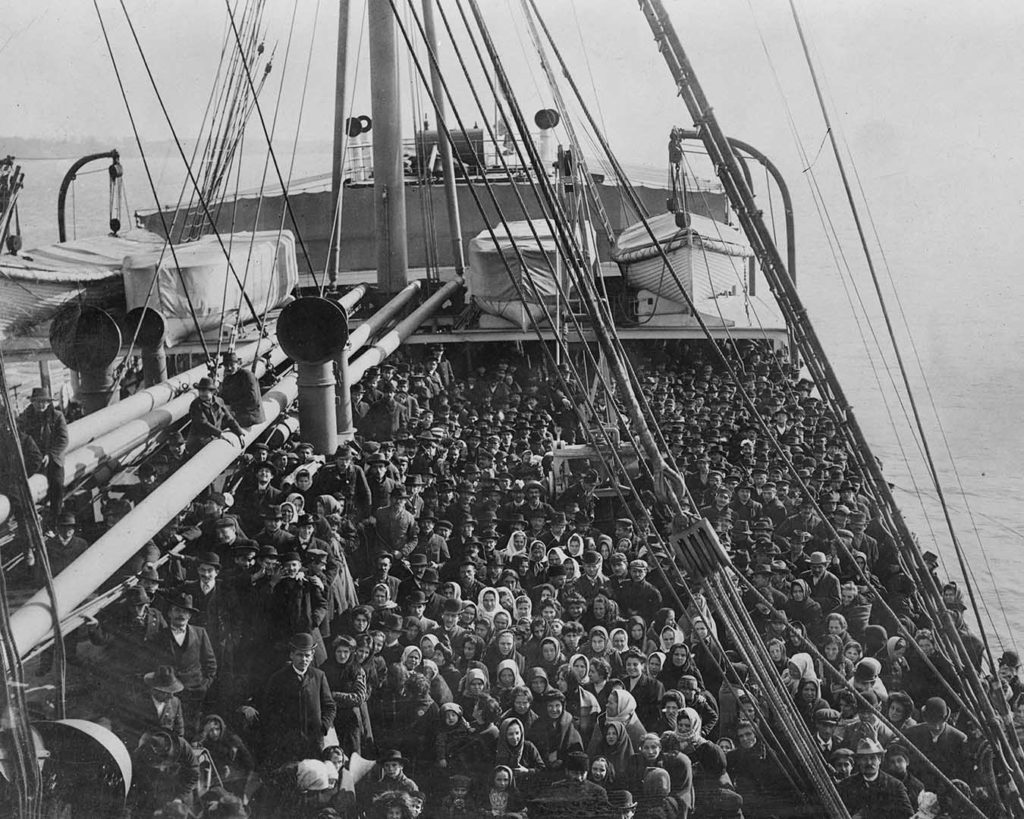Chapter 1

Introduction
Lillian Wald creates a culture of connection at Henry Street. She believes that by crossing boundaries of class, race, and culture and exchanging ideas, we can make a better world. She makes the Settlement’s dining room a hub for social justice.
To lunch or dine at Henry Street was always a stimulating experience…
So many came to partake of the rare hospitality and share in the exchange of broad knowledge and contacts…. The visitors at Henry Street came in unending streams—the fish market peddlers from under the bridge would come to state a grievance—the garment workers to discuss hours and wages…. There was Babushka, the Joan of Arc of the Russian Revolution, Ramsay Macdonald, the Premier of England, nurses from China and Japan—even Libya….
– Henry Street supporter Rita Wallace Morgenthau
Presidents and prime ministers, the leaders or the martyrs of their day….
from Ireland, Britain, Russia, Poland, Czechoslovakia, Italy, Mexico, India, have found their way to the House, not because of any material quest, but to seek sympathetic understanding of their desires for a freer life for their fellow men…We have found that the things which make men alike are finer and stronger than the things which make them different…
– Lillian Wald, 1934